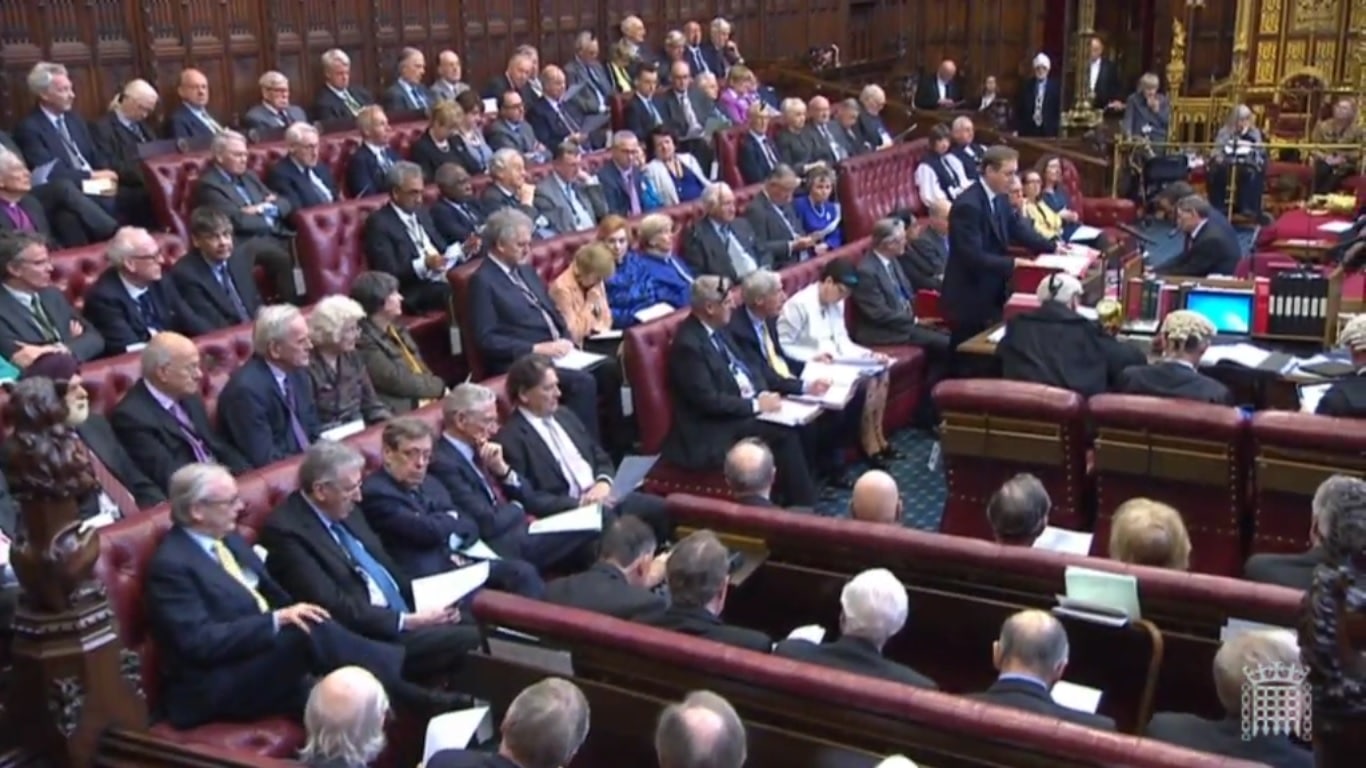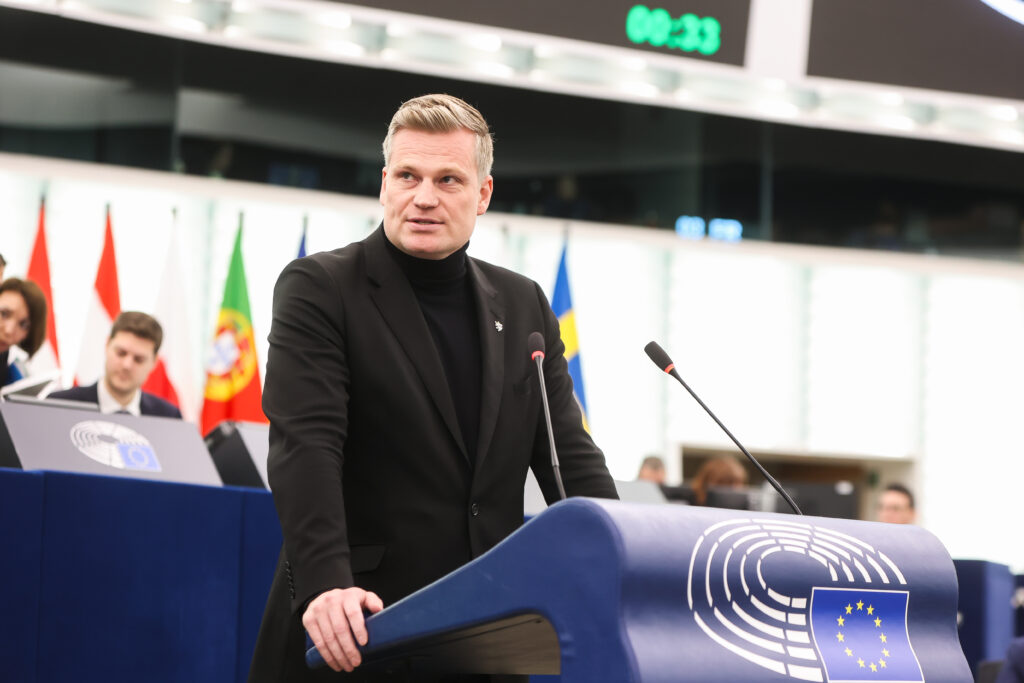The Cabinet Office has confirmed that it intends to exempt university research grants from its controversial anti-lobby clause.
The news comes after months of opposition to the clause, which critics argue threatens to stifle scientific criticism and informed debate about the consequences of government policies, and could impact on key policy areas including climate change.
Answering questions in the House of Lords on 19 April, Cabinet Office minister Lord Bridges of Headley said: “It is not the Department [for Business, Innovation and Skills] nor the government’s intention for research councils, the higher education funding council, or the national academies, to be covered by this clause.”
He continued: “Ministers in BIS are continuing to engage with the academic and research community and they will outline more detail by the 1st of May, when this clause takes effect.”
.@JoJohnsonMP responds to House of Lords statement on the clause in government grants https://t.co/d3CtRNR3X6 https://t.co/PeZagknbbP
— Dept for Business (@bisgovuk) April 19, 2016
Under this new clause – inspired by the free market think tank the Institute of Economic Affairs – those who receive public grants cannot use that funding to “influence or attempt to influence Parliament, government or political parties” or to attempt to “influence legislative or regulatory action.”
Mounting Opposition
However, for over two months the academic and scientific community has been calling for an exemption from this clause, including via a petition which has now garnered more than 19,000 signatures.
As Earl of Clancarty, Nicholas Power Richard le Poer Trench, put it in his question to Lord Bridges: “Does the minister not believe that it is a healthy, open society which not just allows but actively encourages the use of public moneys given out as grants, to question the status quo, to challenge the government over policy when felt necessary, and indeed make constructive recommendations to new policy?”
He continued: “This is an essential aspect of the national public debate. This clause threatens that [and] will damage democracy.”
Lord Dick Taverne added: “Shouldn’t the government recognise that this anti-lobbying clause is going to have a serious impact on research, since most people do research in order to influence policy and have policy more evidenced based?”
“And isn’t it odd,” Lord Taverne noted, “that this in fact does not apply in any way… [to] commercial lobbying?”
Freedom of Expression
While the government’s confirmation that it intends to exempt some researchers from the clause will surely come as good news, some argue it should not stop there.
Responding to the news, Bob Ward, policy and communications director at the London School of Economics’ Grantham Research Institute on Climate Change and the Environment, said: “I do not believe that the Government meant for the ‘anti-lobbying’ clause to apply to grants for researchers in universities and research institutes, and I am glad that the Cabinet Office has today indicated that it will do the right thing.
“I hope that the exemption will apply not just to grants from the higher education funding councils and research councils, but also to grants from Government Departments for research. Without the exemption, the clause would forbid researchers from using Government grants to attempt to influence policy-making.”
And as Lord Deben, head of the Committee on Climate Change, warned Lord Bridges: “Isn’t it important that we err on the side of freedom?
“And isn’t it true that almost universally what the government intends to do is seen to be a bar to the freedom of expression? And shouldn’t the government think again before it is getting the reputation of being a bit lily-livered about opposition?”
Subscribe to our newsletter
Stay up to date with DeSmog news and alerts







